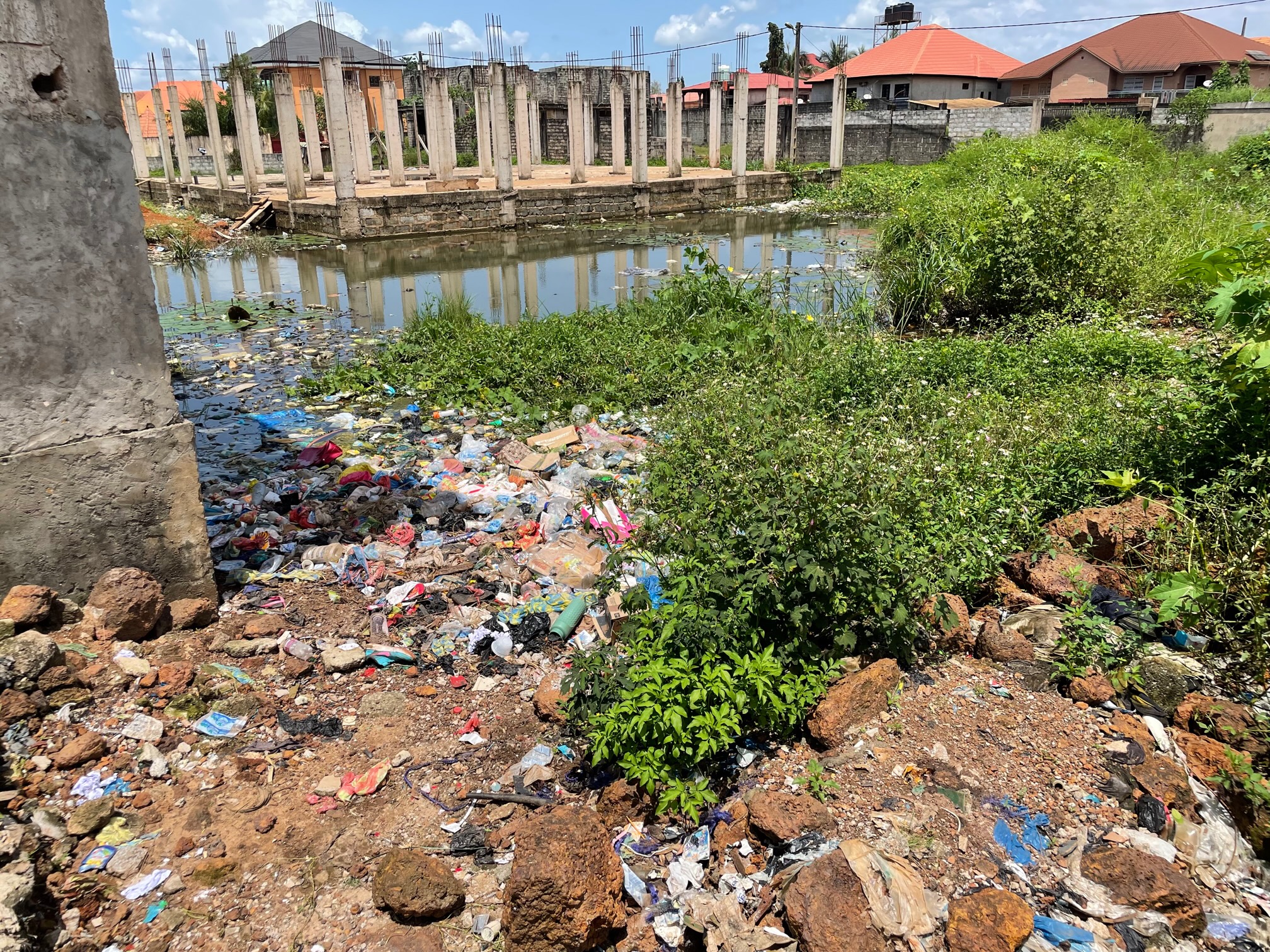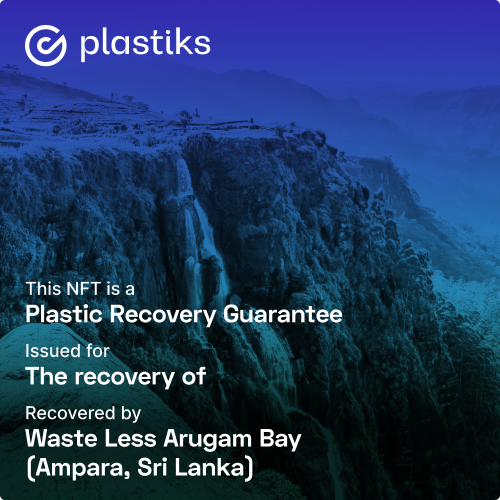1- Work, Free of Health Hazards: By formalizing the activities of informal waste pickers and providing them with decent work conditions, there is a significant improvement in their overall well-being. They gain access to regular income, job security, and safer working environments. This helps in reducing health hazards associated with informal waste picking, such as exposure to harmful substances and unsafe working conditions. The positive impact extends to the waste pickers' families and communities, as they are less vulnerable to health issues and can lead healthier lives.
2- Youth and Women Empowerment: Formalization of waste picking activities creates opportunities for youth and women to actively participate in the waste management sector. Training programs and capacity-building initiatives empower them with the skills and knowledge required for effective waste management. This not only enhances their employability but also challenges traditional gender roles. The empowerment of youth and women contributes to social equality, economic independence, and improved self-esteem. It can lead to a more inclusive and diverse workforce, fostering community development and resilience.
3- Dynamization of Local Economy by Setting up Microenterprises and/or Cooperatives: The establishment of microenterprises or cooperatives among waste pickers brings about a positive economic impact at the local level. As waste pickers formalize their activities, they can collectively set up small businesses or cooperatives to manage and process recyclable materials more efficiently. This contributes to the local economy by creating new jobs, stimulating entrepreneurship, and fostering economic growth. The community benefits from increased economic activity, as these microenterprises generate income, pay taxes, and contribute to the overall economic development of the region. Additionally, the recycling and reuse of materials through these enterprises contribute to environmental sustainability.






.jpg)
